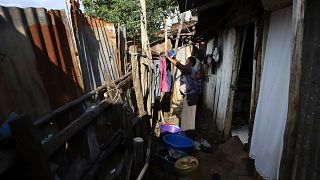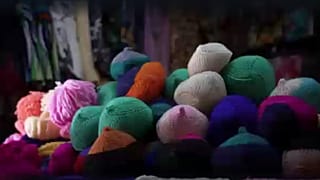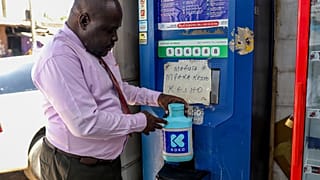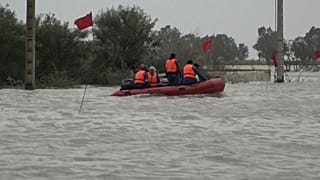Kenya
On the shores of Lake Naivasha, thick mats of water hyacinth are choking aquatic life, blocking sunlight, and devastating local fisheries. But for Kenyan engineer Joseph Nguthiru, the invasive plant became an opportunity to fight both environmental degradation and plastic pollution.
Nguthiru is the founder and CEO of HyaPak, a startup transforming water hyacinth into biodegradable alternatives to plastic, creating eco-friendly products while supporting local jobs.
“Water hyacinth is the world’s most invasive aquatic weed,” Nguthiru says. “It destroys aquatic ecosystems and affects fishing, irrigation, and even increases malaria risks.”
HyaPak’s standout innovation is its biodegradable seedling bags, which are planted directly into the soil and release nutrients as they decompose, accelerating plant growth and eliminating plastic waste.
“Our products feel and perform like plastic but decompose quickly, solving two problems at once,” he explains.
So far, Nguthiru’s team has cleared over 20 acres of water hyacinth from Lake Naivasha. Their efforts have earned him the 2025 Young Champion of the Earth Award from the United Nations Environment Programme (UNEP).











00:51
South Africa to withdraw troops from UN mission in DR Congo
00:57
Experts warn famine conditions spreading in Sudan's Darfur region
01:01
UN warns Islamic State threat growing, situation urgent in West Africa, Sahel
01:14
UN to deploy ceasefire monitoring mission to eastern DR Congo
02:19
Kenya: Nairobi fashion week challenges industry to rethink consumption
01:19
United Nations renews political mission in Haiti for another year